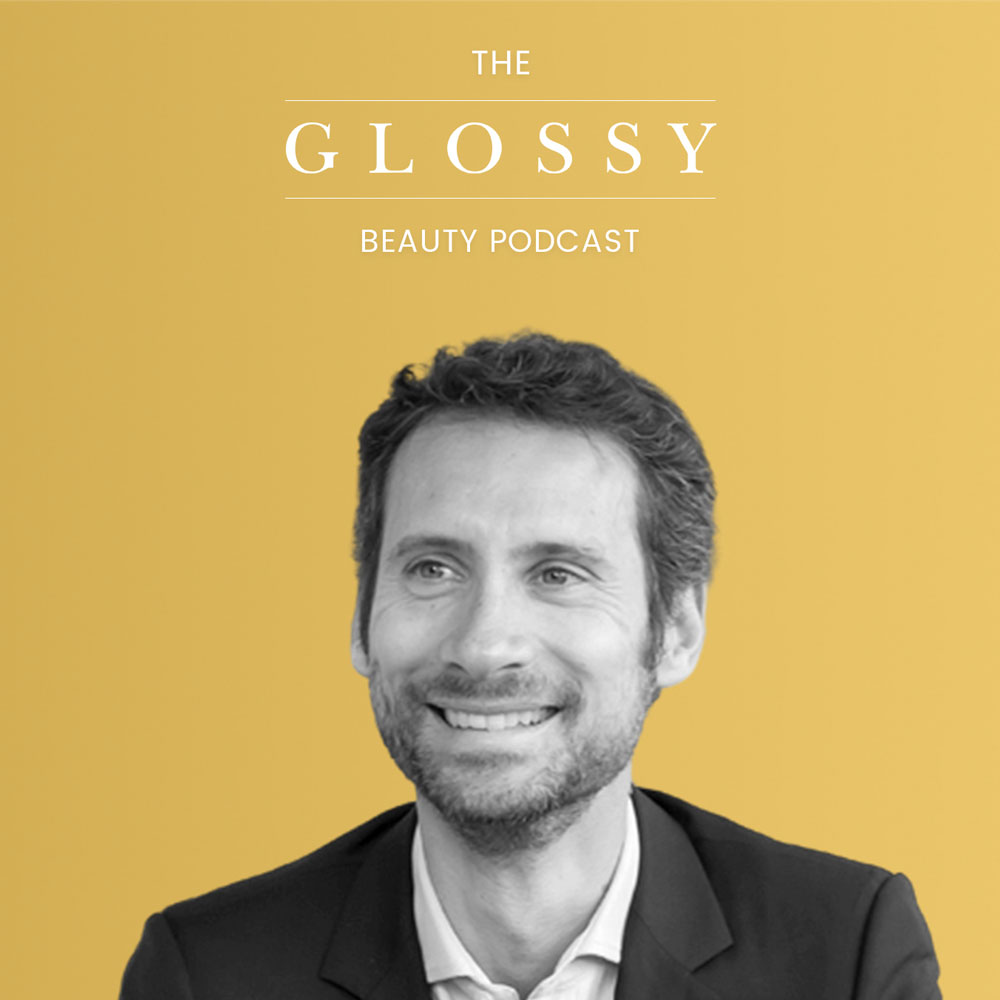"We want to be a healthy, good, true solution for skincare across generations and across communities"
Some beauty products trickle down from medical use to everyday consumers by happenstance, but Augustinus Bader’s skincare line is the opposite, according to the company’s CEO Charles Rosier.
Rosier first learned about Professor Augustinus Bader’s research around a “wound gel” in a case study involving a young burn victim. “Basically, using that wound gel [Augustinus] was able to prevent skin graft and scarring to that child,” Rosier said on the Glossy Beauty Podcast. “I was really shocked that the thing could exist, but was not widely available.”
As Bader — a professor of stem cell biology at Germany’s University of Leipzig — told Rosier then, he felt that pharmaceutical companies weren’t as willing to fund clinical trials because “the number of cases of burned people in the Western world was not so high. Most cases are actually in the third world,” he said. “For a pharmaceutical group, it’s not necessarily the most valuable customer.”


Rosier decided to step in and co-found a consumer-centric version of the company in 2018. He thought a skincare brand could help fuel Bader’s greater work — “he’s the brain doing the research, I’m the guy behind the scenes,” he said. The line has gone on to earn accolades among Hollywood celebrities for its rejuvenating effect, not just its medical expertise. That was by design — in lieu of a pricy marketing campaigns or influencers, the company distributed samples through a personal connection in Los Angeles in its early days.
Since then, Augustinus Bader has slowly added new products to its line-up to complement its cult status “The Cream” and “The Rich Cream,” which retail for $265. The company expects to earn $70 million in 2020, up from an estimated $24 million in 2019 — but Rosier doesn’t see the company putting dozens of products on store shelves (or online, where it makes most of its sales), despite the demand.

